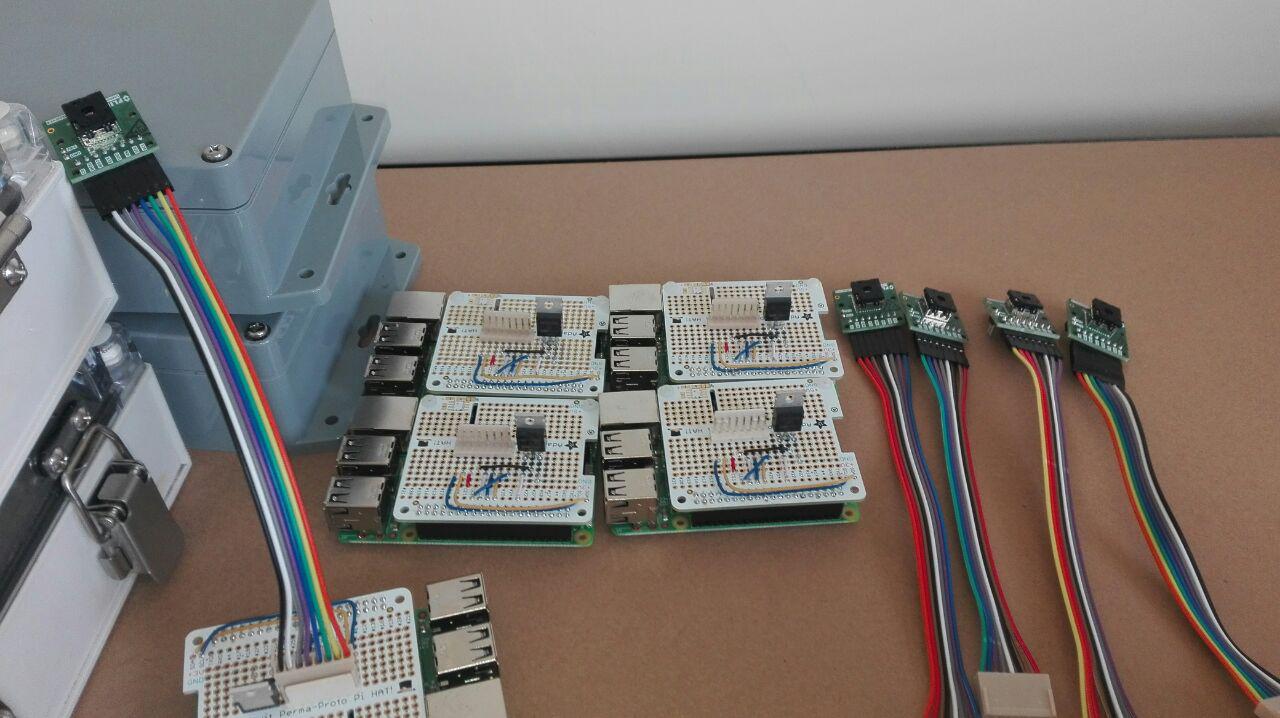Advice for Success as a Technology Geek
Menno Finlay-Smits
http://menno.io | inbox@menno.io | @mjs0


Menno Finlay-Smits
http://menno.io | inbox@menno.io | @mjs0

